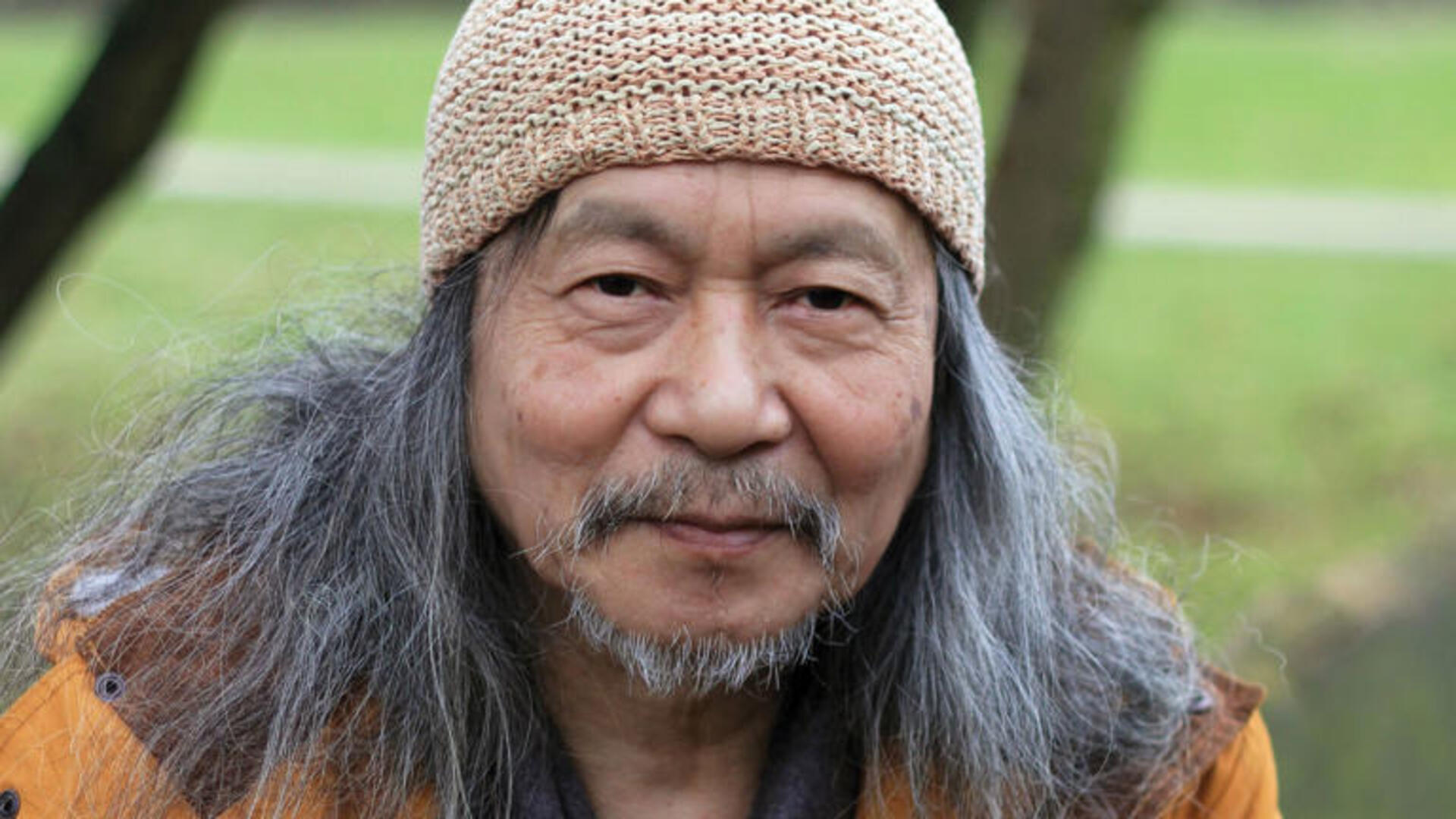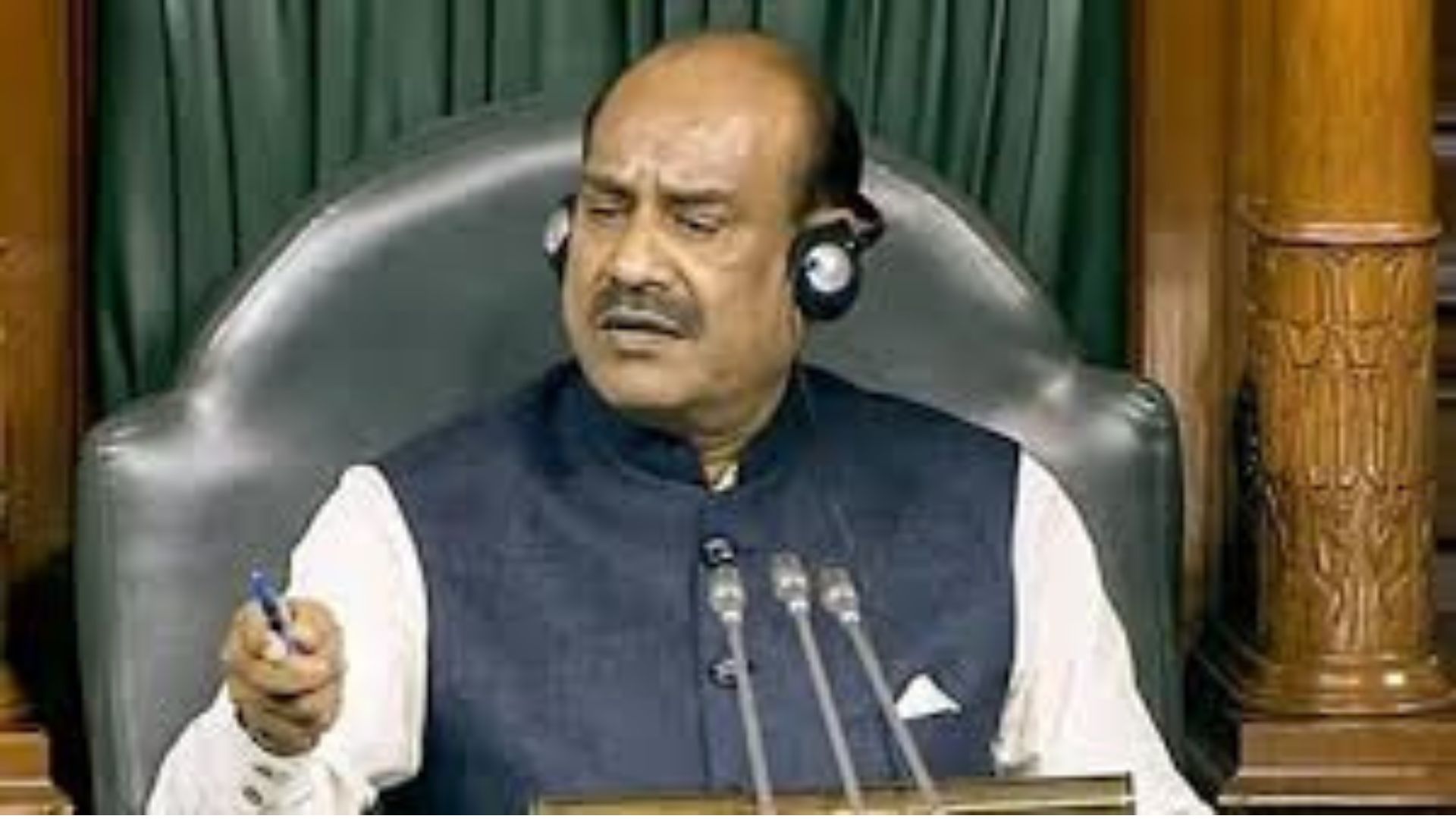
Damo Suzuki, the Japanese lead singer of the revolutionary band Can, died recently, according to a statement posted on the band’s social media pages.
Despite having battled colon cancer for a decade, no cause of death was provided. He was 74 years old, Variety said.
“It is with great sadness that we have to announce the passing of our wonderful friend Damo Suzuki, yesterday, Friday 9th February 2024,” the statement reads. “His boundless creative energy has touched so many over the whole world, not just with Can, but also with his all-continent-spanning Network Tour. Damo’s kind soul and cheeky smile will be forever missed.
“He will be joining Michael, Jaki and Holger for a fantastic jam!,” the note concludes, along with a message of love to his family, referencing deceased fellow Can members Michael Karoli (guitar), Jaki Liebezeit (drums), and Holger Czukay (bass and electronics).
According to Variety, Can, along with Kraftwerk, Neu, and others, was a leader of the innovative and experimental coterie of German groups that emerged in the aftermath of psychedelia in the late 1960s, loosely grouped under the “Krautrock” label. While the ensembles began similarly and even shared some members, they quickly diverged in completely different paths, with Can taking a more organic and improvisatory approach than the others.
The group’s original singer, Michael Mooney, had quit after the release of its debut album, “Monster Movie,” in 1969; Suzuki, who had left Japan as a child to explore Europe, was busking on a street in Munich when Liebezeit and Czukay invited him to join the group onstage that night. He officially joined the band in 1970 and contributed to some of its most well-known and influential albums, such as ‘Soundtracks’, ‘Tago Mago’, ‘Ege Bamyasi’, and ‘Future Days’.
His unstructured singing style, impressionistic lyrics, and frequently manufactured words merge smoothly with the group’s improvisations, which can last dozens of minutes; the entire version of their 1970 classic ‘Mother Sky’ lasts more than a half hour.
Suzuki quit the group after the release of “Future Days,” marrying a German Jehovah’s Witness and devoting the next decade to the religion’s practice. He returned to music in 1983, releasing a number of solo albums and touring throughout the years, however his sickness has hampered his talents in recent years.
He never played again with Can, which recorded a series of albums without him after he left. According to Variety, the group has just released a series of vintage live recordings, several of which include Suzuki.















